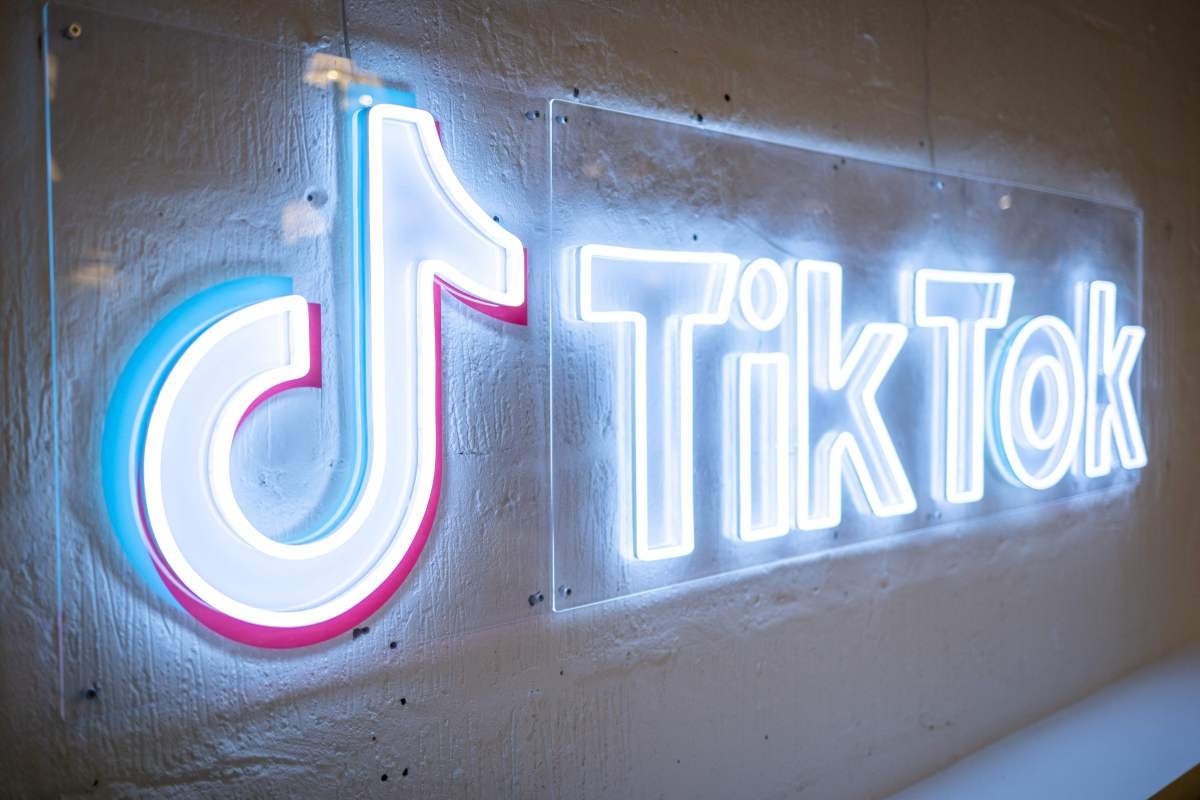The state of Iowa has filed a lawsuit against popular social media platform TikTok, accusing the company of deceiving parents about the kinds of content that young users may come across on the app.
“TikTok represents to Iowa parents and Iowa children that inappropriate content on its platform, including drugs, nudity, alcohol, and profanity, is ‘infrequent,’” the lawsuit states, slamming those claims as “lies.”
The lawsuit, led by Iowa Attorney General Brenna Bird, alleges that TikTok hosts a plethora of explicit and harmful content, including “sexual content, drugs, alcohol, intense profanity, self-harm messages, and other X-rated content.” These types of videos are easily accessible to children and teens in the state, according to the lawsuit.
The state specifically takes issue with TikTok’s age rating in app marketplaces, arguing that it does not accurately reflect the content that is available on the platform. According to Apple’s App Store guidelines, an app with a 12+ rating may include “infrequent mild language; frequent or intense cartoon, fantasy or realistic violence; mild or infrequent mature or suggestive themes; and simulated gambling which may not be suitable for children under the age of 12.”
However, in the course of its research, the state of Iowa found that content on TikTok included “women dancing provocatively in thong bikinis, including in close-up butt and crotch shots,” as well as recipes for the alcoholic drink jungle juice and advice about using drugs like marijuana and psilocybin, all of which are not suitable for children. Additionally, the lawsuit notes that the app also serves videos promoting self-harm, suicide, and eating disorders, which have raised concerns among regulators in recent years.
The age rating in Apple’s App Store only goes up to 17+, which allows for more “offensive language,” sexual content, nudity, alcohol, and drugs. With the endless amount of niche and algorithm-driven user-generated content on TikTok, determining an appropriate age rating has always been a challenge. However, Iowa argues that TikTok intentionally misrepresents itself to parents.
The state is seeking an injunction under the Consumer Fraud Act to compel TikTok to end its “deceptive, misleading, false and unfair statements and conduct” regarding the type of content that parents expect given the app’s own community guidelines and its age rating in various app marketplaces.
The lawsuit also takes aim at TikTok’s “Restricted Mode,” a safety tool designated for younger users, claiming that it does not effectively filter out mature content.
“Restricted Mode does not work and has never worked the way TikTok claims it does. When Restricted Mode is enabled, users—even users logged in as 13-year olds— can see mature content (sexual content, nudity, mature and suggestive themes, profanity, and content related to alcohol, tobacco and drugs) on the TikTok app, including content served in the algorithmically-driven For You Feed where users have not explicitly requested it.”
TikTok promotes Restricted Mode as a feature that “limits exposure to content that may not be suitable for everyone, for example, because it contains mature or complex themes.” However, the Iowa lawsuit argues that the mode is ineffective in filtering out inappropriate content.
The state of Iowa is the latest in a string of states to take legal action against TikTok for its content and safety practices. Last year, Montana’s governor tried to ban the app citing concerns about its ties to China, but the ban was blocked by a judge. Iowa now joins states like Indiana, Arkansas, and Utah in suing the social media platform for its treatment of underage users.








